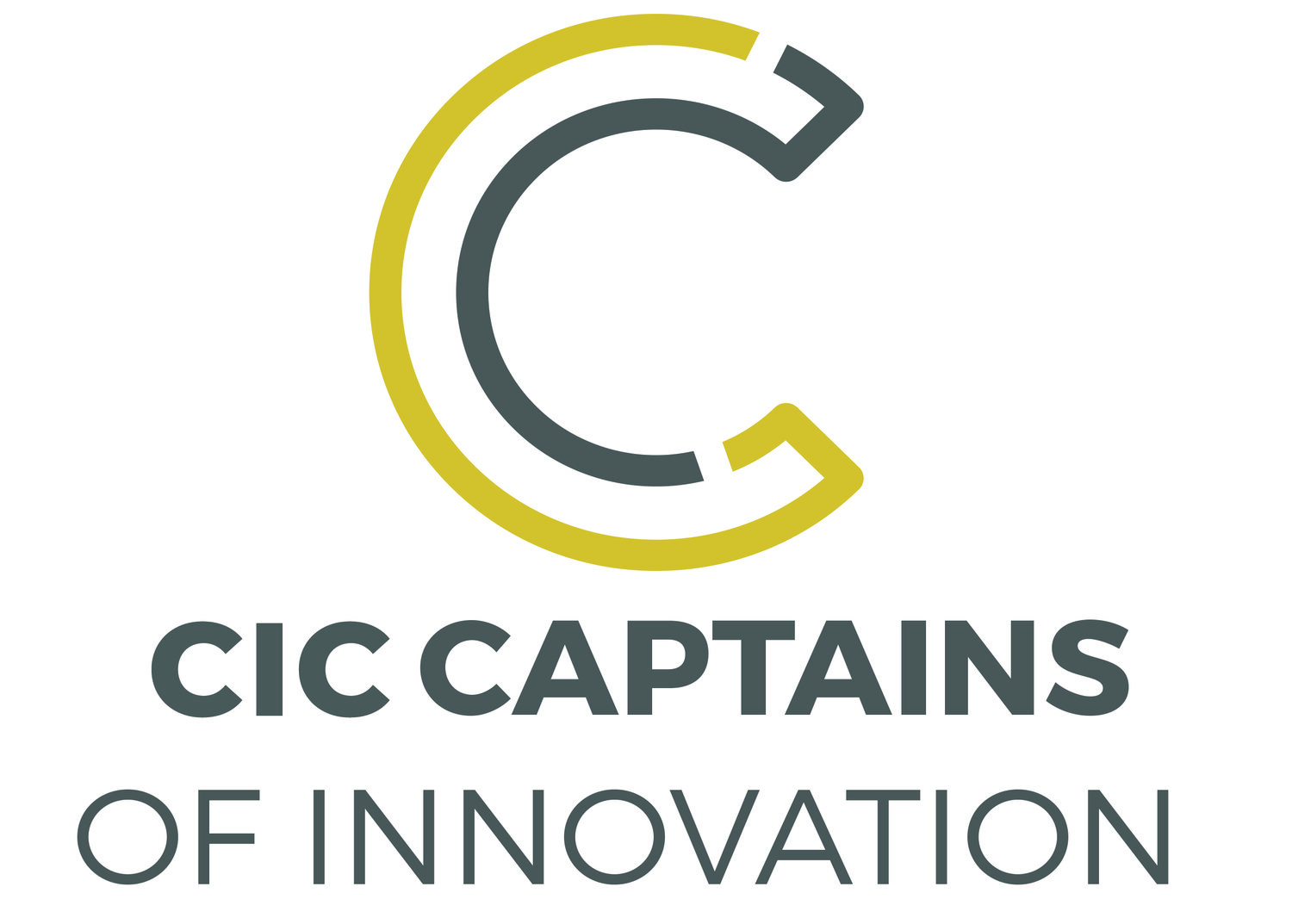InnoView Series: Gabriel Freidlander, Achieving More with Less
Welcome to our second installment of InnoView, where we interview innovators from across industries about exciting trends in innovation, lessons learned, and their perspective on the innovator’s journey.
In this installment of InnoView, we’ll explore frugal innovation. The term “frugal innovation” was coined by Navi Radjou, Jaideep Prabhu, and Simone Ahuja in their book Jugaad Innovation: Think Frugal, Be Flexible, Generate Breakthrough Growth. Frugal innovation occurs when companies are forced to innovate with limited resources. The basic principles of frugal innovation can be applied to any business, regardless of size or industry. It's a mindset that emphasizes efficiency, simplicity, and creativity.
“It's not about spending a lot of money; it's about being smart and creative. I have bootstrapped all of my companies up to $10 million in revenue generation, we did it by being frugal and creative and it paid off.”
To help us explore the principles of frugal innovation, we spoke with Gabriel Friedlander, a serial entrepreneur and the founder of Wizer, who has over 20 years of experience in starting and selling successful companies. Before Wizer, he founded ObserveIT, a cybersecurity company that dealt with insider threats which he sold to Proofpoint.
As a long-time serial entrepreneur, Friedlander is a strong proponent of frugal innovation: “I've been a serial entrepreneur for over 20 years, and I've seen firsthand how expensive innovation can be. That's why I believe in the power of frugal innovation. It's about finding creative ways to innovate without breaking the bank.”
So, how can corporate innovators incorporate the principles of frugal innovation into their businesses? Here are a few tips that Friedlander says can help:
1. “Start by identifying the core needs of your business and focusing on simple solutions that address those needs.”
Frugal innovation is about doing more with less and is, at its core, an iterative process. Corporate innovators can begin experimenting with the concept in small but impactful ways, such as using open-source software instead of proprietary solutions or leveraging existing technology in new ways. Innovators should not be afraid to act quickly, adjust, and refine. Iteration is an integral part of the process.
2. “If you are proud of your first version, you launched it too late. What I mean by that is: you don't have to have all the features in day one, you need to have the features that solve the problem. Let's see if it solves the problem first and then you can get investments for all the other features.”
Friedlander advises that innovators should build a community around their products. He believes that testing an idea with potential customers before investing resources is the key to success. Friedlander built his first company on a limited budget and developed methodologies to rapidly crowdsource interest in concepts before developing market-ready products. He would show potential customers a presentation and ask them if they would be interested in the product he was proposing. If they got excited or expressed interest, he would then develop the product, test it, and refine it. This approach allowed him to experiment with new ideas without committing significant resources upfront.
“Frugal innovators don't see a lack of resources as a limitation; they see it as an opportunity to be creative and resourceful.”
3. “It's not about spending a lot of money; it's about being smart and creative. I have bootstrapped all of my companies up to $10 million in revenue generation, we did it by being frugal and creative and it paid off.”
Frugal innovation often involves collaboration with other businesses or organizations. Friedlander emphasizes that it’s essential to look for opportunities to collaborate with partners or suppliers to share resources and expertise. This could mean partnering with a startup to develop a new product or leveraging a shared workspace to reduce overhead costs.
4. “Find a core team that has the right mindset and that excels at what you don’t, that guarantees synergy.”
Friedlander emphasizes the importance of a diverse founding team that complements each other's skills and fosters synergy in frugal innovation. By assembling individuals with expertise in different areas, startups can lower costs and leverage limited resources effectively.
Friedlander says: “Frugal innovators don't see a lack of resources as a limitation; they see it as an opportunity to be creative and resourceful.” That creativity, resourcefulness, and passion ultimately create the right mindset to drive success. As Friedlander notes, even if it’s not always easy, it’s essential to enjoy the journey along the way.



